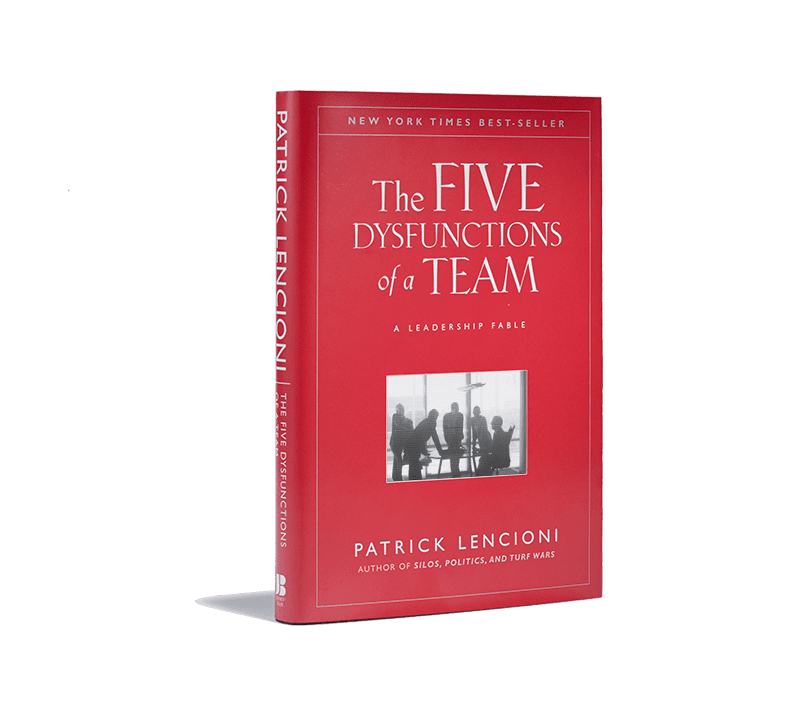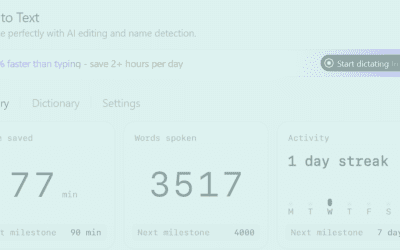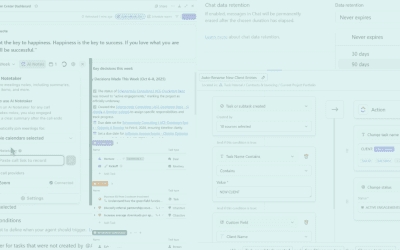
We pride ourselves in being lifelong learners at TCG, and we’re constantly talking about the latest book (or piles of books) that we’re enjoying at the moment. We thought it would be interesting to our readers to learn about what content is sitting on our nightstands at the moment.
The Five Dysfunctions of a Team by Patrick Lencioni landed at the top of my stack, because one of my clients in Silicon Valley introduced an exercise from the book to us during an executive team meeting. It’s been on my long list for a while, but it bubbled to the top when I saw how effective it was pulling the team together and identifying our key strengths and weaknesses in a judgement-free environment.
Lencioni covers the executive leadership content in fable form — it’s a complete fiction about a Valley firm, called DecisionTech. The characters tackle his five dysfunctions in a series of off-site, executive working sessions and on-site scenarios. For those of you who also roll your eyes at this type of delivery of management strategies, I am with you, but Lencioni changed my mind (sorry, Phoenix Project 🙂 ). I absolutely devoured the book, and kept catching myself thinking about the characters and how closely they related to the members I see in many of my client teams (and even in myself)!
This is a great read. I highly recommend it for folks who are struggling with delivering as a team. Lencioni focuses strongly on defining clear team goals and how important it is to make sure that each team member can be vulnerable enough with each other to achieve those goals. The concept is simple, but how he connects the five dysfunctions to each other as a part of the overarching goal and the examples that he provides for how to build that environment is why this is a great book for teams, especially those in the C-suite.


